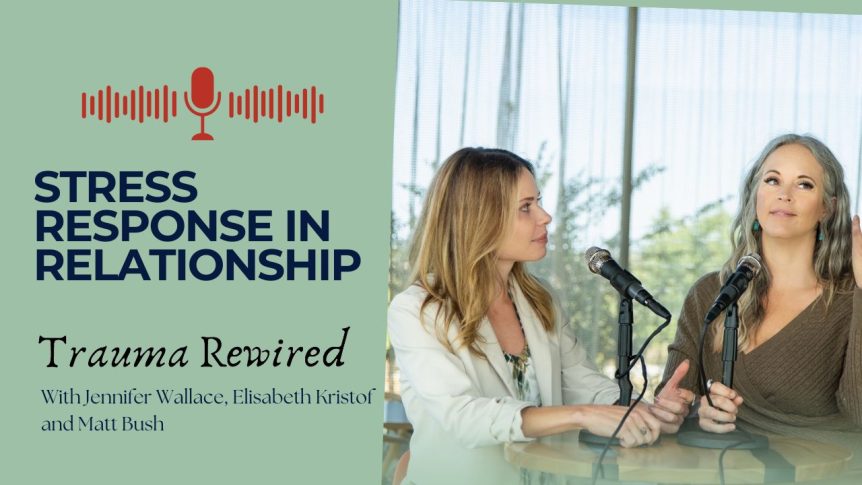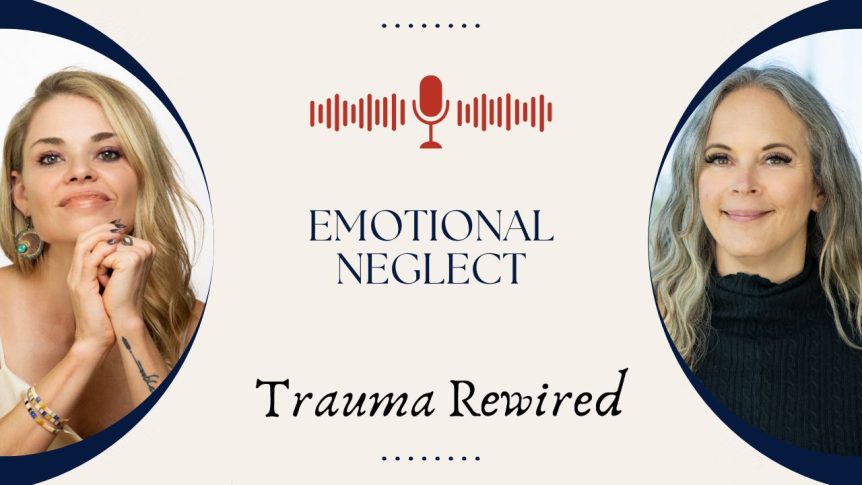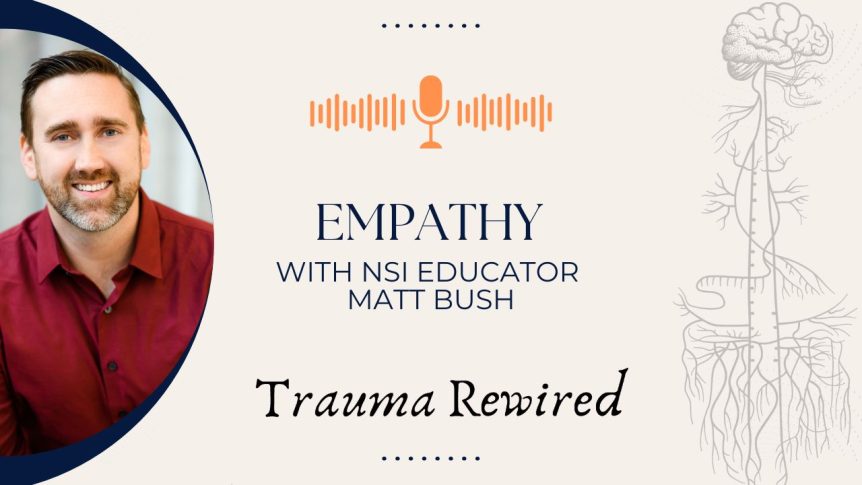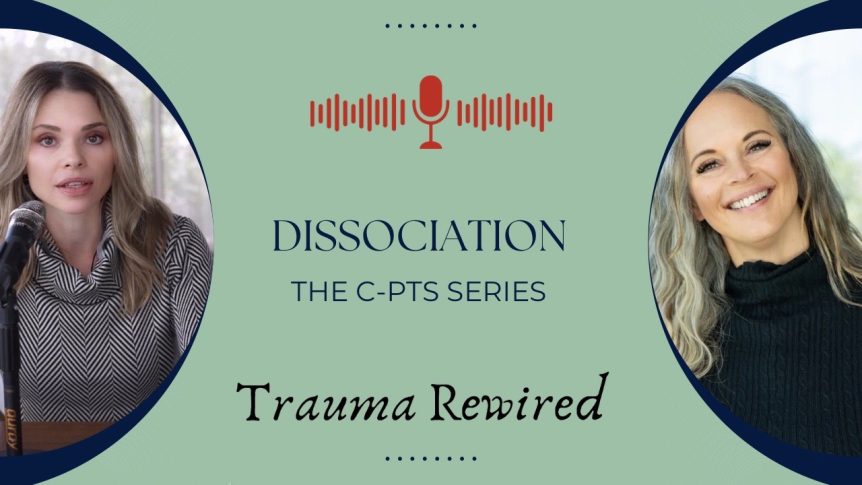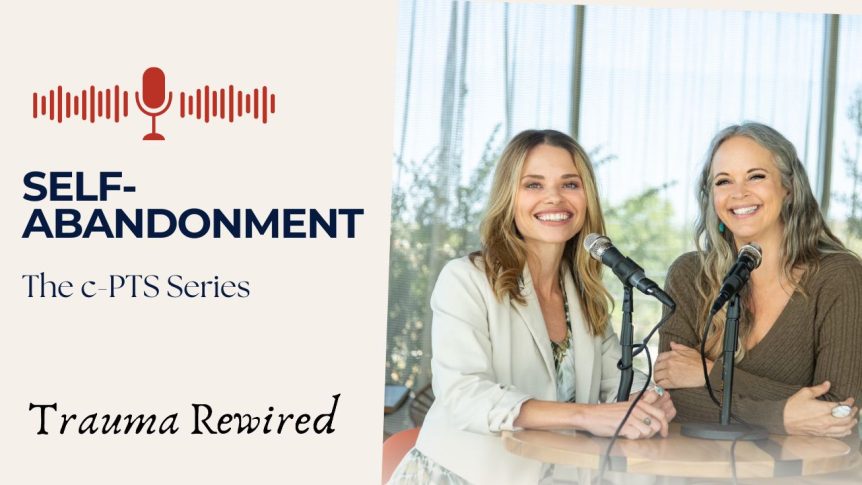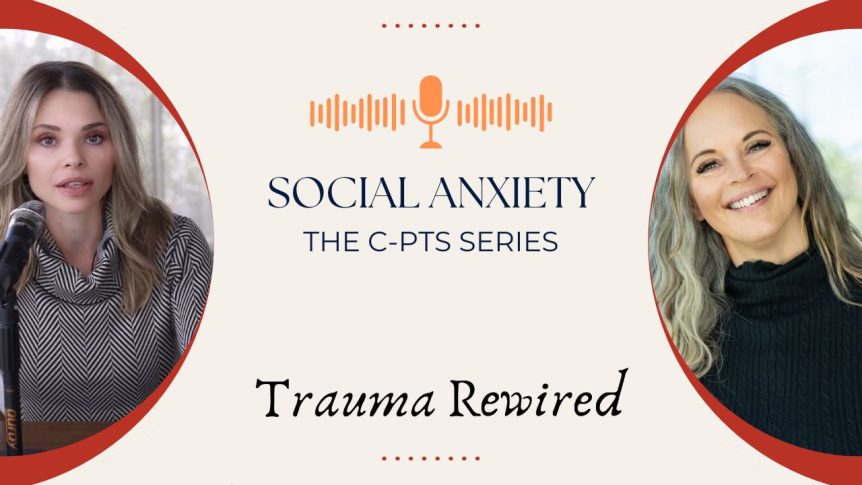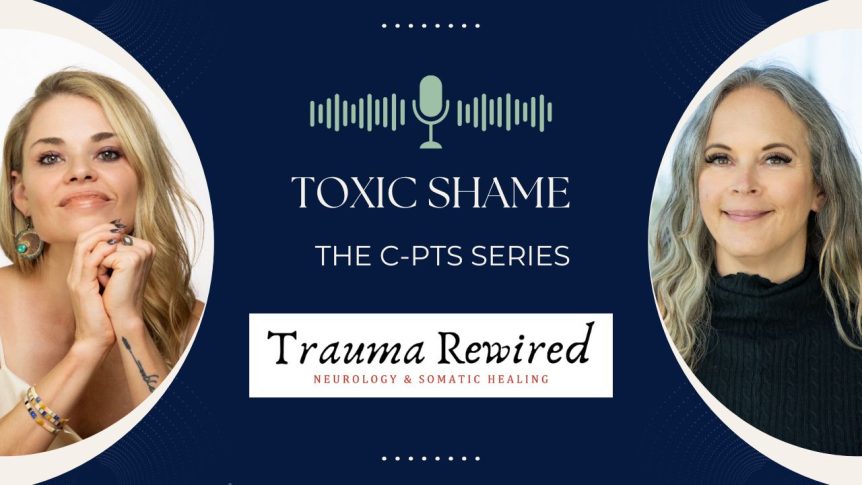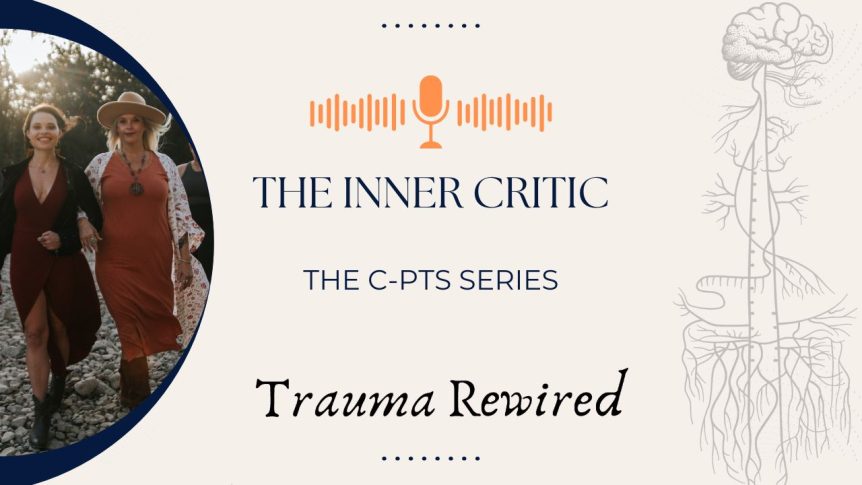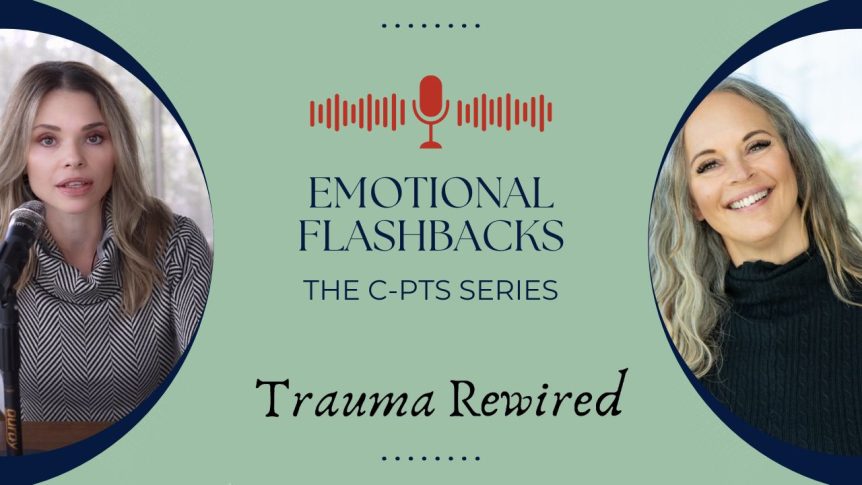This week on Trauma Rewired, we welcome back Matt Bush of Next Level Neuro to explore the physiology of stress and the transformative power of Neuro-Somatic Intelligence. We know that connection is crucial to our survival as humans, but for those with complex trauma, even the healthiest relationships can trigger a stress response and lead to maladaptive behaviors. This episode …
When we think about adverse childhood experiences, emotional neglect is often seen as less significant compared to other forms of trauma. Its subtleties make it easy to overlook, but the truth is that emotional neglect has a profound effect on our relationships and health as adults, from the detrimental effects on the brain and immune system. In this episode, we …
Believe it or not, empaths and narcissists have foundational similarities. Not only does the brain chemistry look the same, but empaths and narcissists both struggle with nervous system regulation and look to others to help them regulate their emotions. But whereas the narcissist avoids the emotions of others, empaths are deeply affected and have a physiological experience to the emotions …
Our bodies are always speaking to us, but often we’re not able to understand or listen to what they’re trying to communicate. In this episode, we unpack the complexities of our relationship to the body, including how our perceptions, emotions and beliefs about our bodies significantly impact our overall well-being. We dive deep into the impact the interoceptive system has …
Healing Dissociation “You can’t be present and dissociated at the same time.” These wise words from co-host Jennifer Wallace encompasses why this topic is so important to explore. Presence is the truth of our emotions and our reality, because we cannot heal what we do not feel. Being present with our emotions, and feeling them in our body, allows us …
The essence of who we are radiates when we live in our purpose. When we can connect with our true self and share it with others. There are many blockers stopping us from being able to express our feelings, or even know what we’re experiencing, and one of them is self abandonment. Don’t let the “self” fool you — …
The term social anxiety gets tossed around a lot these days, however individuals with CPTS who experience social anxiety feel its effects on a visceral level. It can be highly debilitating and can affect the way we relate and connect to others, when the need for connection is at the very core of what makes us human. Knowing if you …
As a human, you have most likely felt shame to some degree. Although it is a normal human protective emotion to keep us safe on a societal level, shame can become toxic when it persists and when we internalize the critical narrative from that shame. Toxic shame shows up in many ways, however, the way it shows up physiologically is …
We’ve all experienced the inner critic to some extent. You know, that voice inside of your head saying you’re not good enough, or that you’re a bad person. Where does this voice come from and why is it so vicious? Well, for people dealing with CPTS, this voice is even louder, and even more critical. The volume gets turned up …
Welcome to part one of five of our CPTSD series! We are kicking it off with a discussion about emotional flashbacks and how to manage them under the NSI framework. This highly reactive response to triggers are compounded by their ability to change a person’s reality, especially for those with CPTSD, who have a difficult time processing their emotions to …
